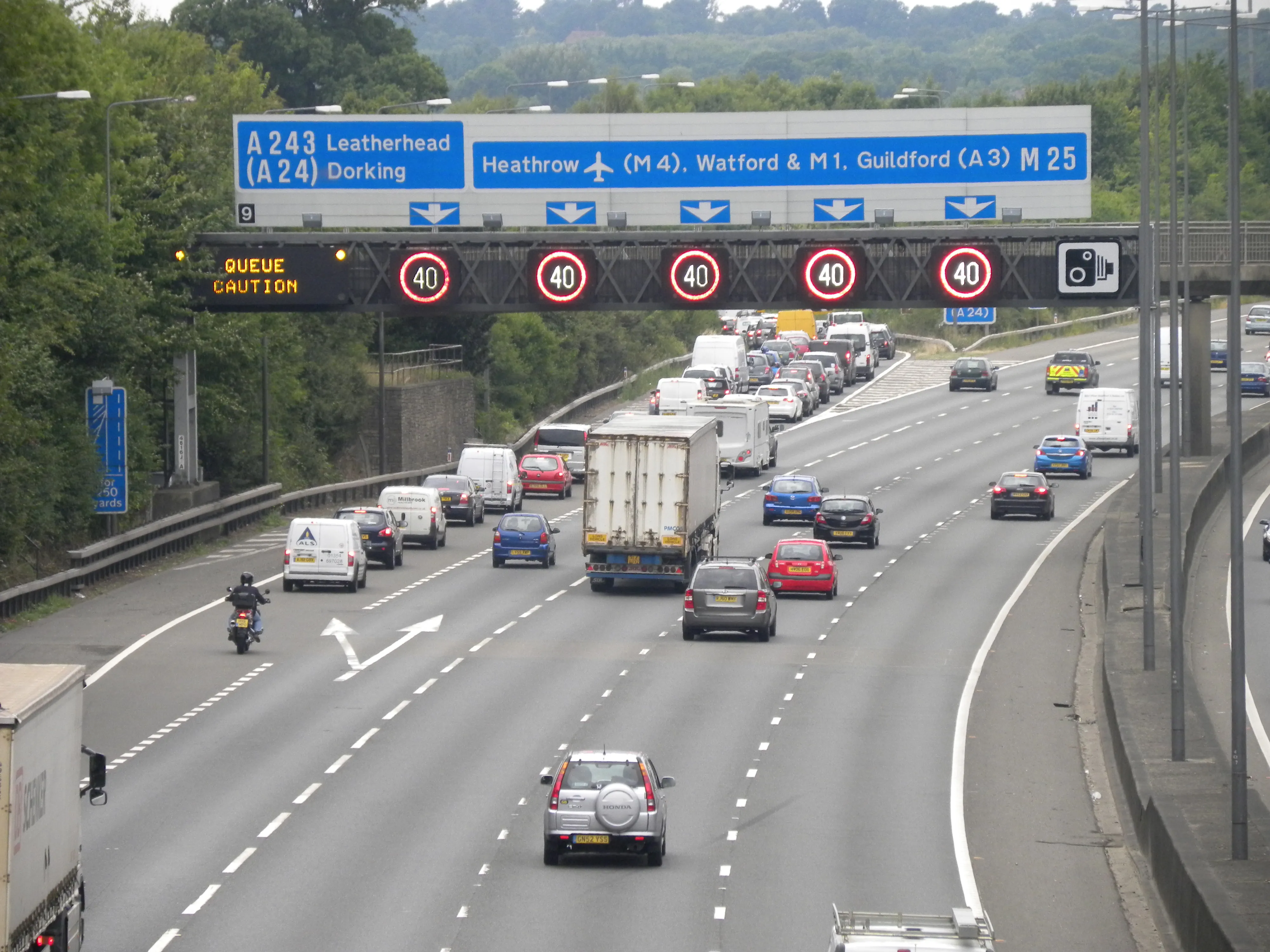
The UK’s independent road user watchdog has launched a campaign called Sort My Sign to encourage England’s road users to report poor road signage.
England’s road authority, Highways England, manages more than 7,000km or motorways and major A roads.
Drivers can visit the Transport Focus website, enter a location, road name or postcode and enter details of the problem. Transport Focus will send it to Highways England on the road user’s behalf.
“We want to hear from road users about signs and information that aren’t up to scratch. We’ll use what you say to press Highways England to make journeys easier and safer,” said Anthony Smith, chief executive of Transport Focus.
“There is nothing more frustrating than missing your turnoff because the sign was hidden behind a tree or missing crucial information. While we have some of the safest roads there are still too many signs which are broken, confusing or out of date. If it’s not clear, it’s not safe.”
The Sort My Sign campaign aims to increase the usefulness and effectiveness of information on roads, including messages on electronic signs. This will allow more road users to make informed decisions in plenty of time, improving safety and reducing stress.
The examples sent in will be used to build up a map of issues across England and press for improvements for road users.
Transport Focus is calling for Highways England to mend broken or improve inaccurate signs as reported by road users. There is also a need top provide better information during delays and unexpected disruption. There should also be a review of the standards for signs on motorways and major A roads.







